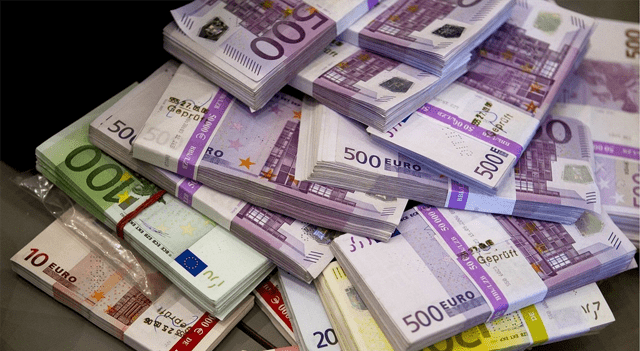The euro slipped slightly against the U.S. dollar on Tuesday as investors monitored growing political uncertainty in France, while the Japanese yen weakened to its lowest level in two months, with markets focused on the composition of Sanae Takaichi’s new administration following her recent election as leader of Japan’s ruling party.
In France, outgoing Prime Minister Sébastien Lecornu began two days of negotiations with lawmakers from several parties in a last-ditch effort to restore stability. His unexpected resignation on Monday has added to the turmoil surrounding President Emmanuel Macron’s government.
The collapse came after both allies and opposition figures rejected Lecornu’s proposed cabinet lineup, making his government the shortest-lived in modern French political history. The episode has deepened investor anxiety over the future direction of France’s leadership and policies.
At 04:49 ET (08:49 GMT), the euro was down 0.4% at $1.1668, as traders also awaited remarks from European Central Bank officials that could hint at further interest rate cuts.
Attention was also fixed on upcoming Federal Reserve comments, although analysts noted that the prolonged U.S. government shutdown has delayed key data releases, reducing the likelihood of any change in the current policy outlook. The Fed is widely expected to cut rates by 25 basis points at its late-October meeting, following the September reduction, according to the CME FedWatch Tool.
Meanwhile, the U.S. Dollar Index, which tracks the greenback against major currencies, climbed 0.3%, extending Monday’s modest rise. Analysts at ING highlighted that the upcoming release of the Fed’s September meeting minutes, due Wednesday, could have “the greatest market impact potential” this week.
Yen Weakens as Takaichi’s Victory Reshapes Market Expectations
The yen continued to lose ground against the dollar, with USD/JPY up 0.3% to 150.81. The move followed a nearly 2% surge on Monday, after Sanae Takaichi won the Liberal Democratic Party leadership race, paving the way for her to become Japan’s first female prime minister.
Takaichi, known for her expansive fiscal stance, has previously called the Bank of Japan’s rate hikes “stupid” and voiced support for a more accommodative monetary policy.
Her victory prompted traders to scale back expectations for further tightening, with investors now anticipating a more growth-oriented policy approach.
“Her election was somewhat of a surprise, and the yen’s 2% drop versus USD is a testament to that,” analysts at ING wrote.
Still, they cautioned that the upside for USD/JPY appears limited, arguing that a continued yen depreciation could intensify inflationary pressures and complicate relations with the U.S.. They added that a break above 150 is likely temporary, rather than the start of a long-term rally.
This content is for informational purposes only and does not constitute financial, investment, or other professional advice. It should not be considered a recommendation to buy or sell any securities or financial instruments. All investments involve risk, including the potential loss of principal. Past performance is not indicative of future results. You should conduct your own research and consult with a qualified financial advisor before making any investment decisions.
